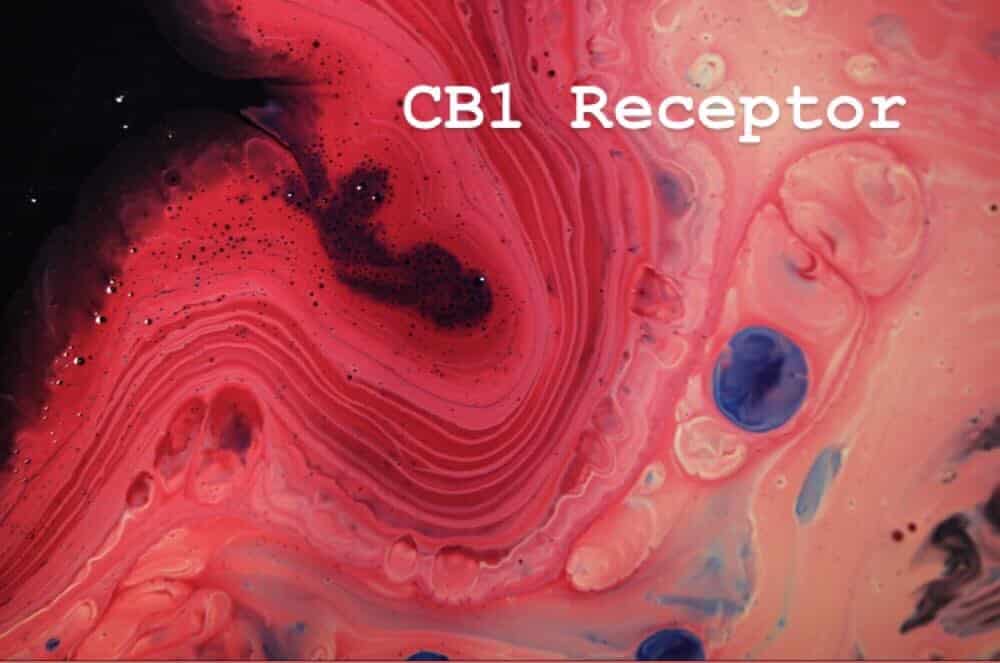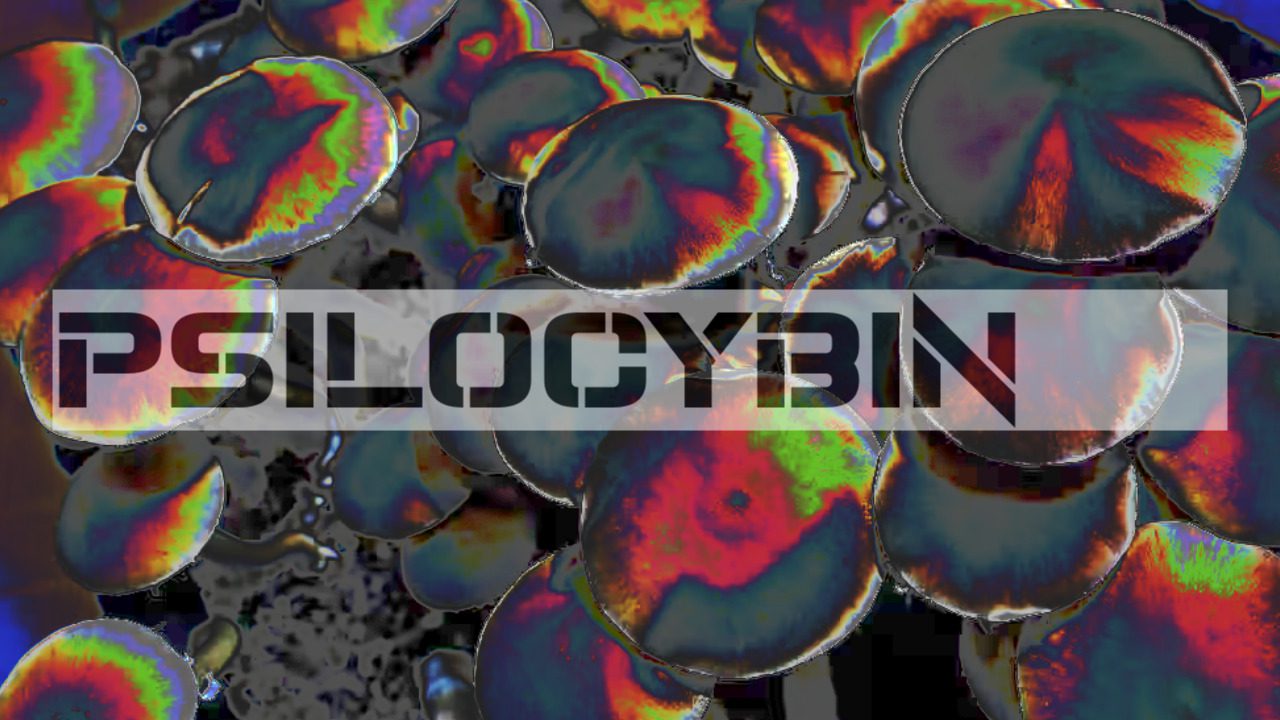CB1 Receptor

CB1 receptor refers to Cannabinoid receptor type 1. A CB1 receptor is a cell membrane receptor found in the brain. It stimulates the physiological processes of appetite, mood, memory, and pain-sensation. Therefore, marijuana can relieve pain, increase appetite, and affect one’s memory and mood.
Plant and synthetic cannabinoids activate CB1 receptors.
CB1 receptors create marijuana’s psychoactive effects. CB1 receptors are responsible for releasing dopamine and serotonin, and therefore, create psychoactive effects. Furthermore, these psychoactive effects create “the high” of marijuana.

Much research is continuing in neuroscience to unlock the mysteries of the cannabinoid receptor system, which is present in other warm-blooded animals besides us humans. Briefly, some of the functions implicated in CB1 receptor research include:
- maintenance of homeostasis
- inhibiting anxiety
- inhibition of gastrointestinal activity
- contributing to hemorrhagic and endotoxin-induced hypotension
- a role in motor control
There are so far two known receptors in the endocannabinoid system, CB1 and CB2. Much more research on this field of neuroscience is just beginning now that cannabis is getting legalized in the Western Hemisphere.

